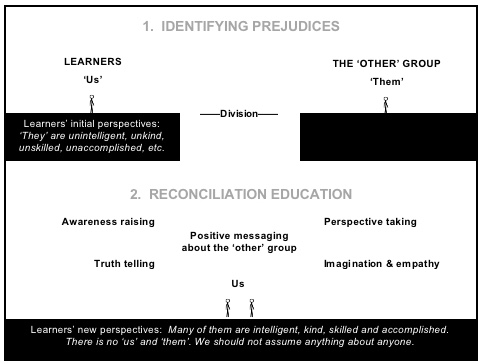
Sociology of Education is an important unit that introduces students to the relationship between society and education. It explores how social structures, cultural values, and societal norms influence the education system. The course helps students understand the role of education in shaping individuals and society, as well as how social factors such as class, gender, and religion affect educational outcomes.
- Teacher: Risper Kinyua
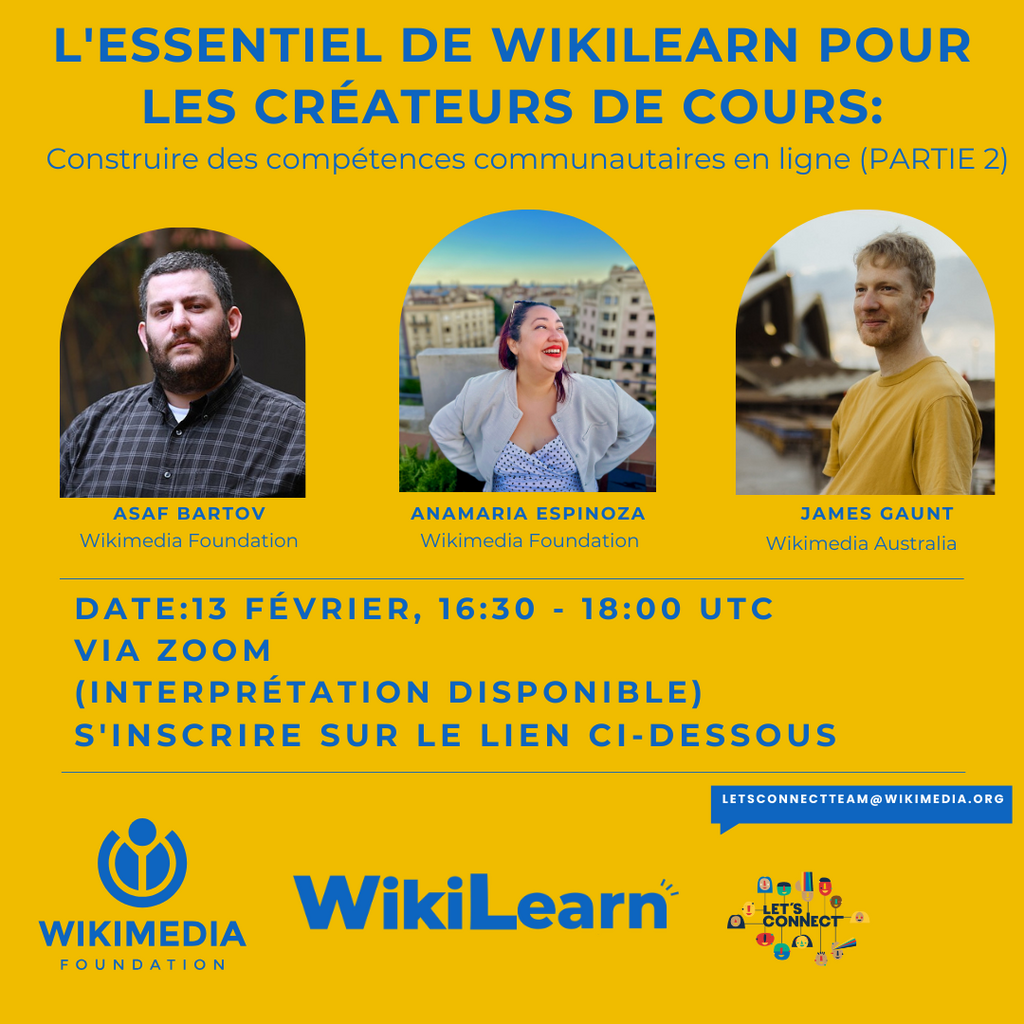
Essential Skills is a fundamental unit designed to equip students with the key skills necessary for personal, academic, and professional success. The course focuses on developing core competencies such as communication, critical thinking, problem-solving, time management, and teamwork. These skills are vital in enhancing students' overall performance and preparing them for the demands of the modern workplace and society.
- Teacher: Risper Kinyua
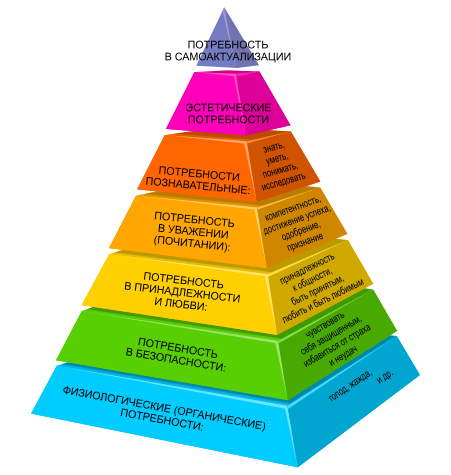
Educational Psychology is a crucial unit designed to help students understand how psychological principles apply to teaching, learning, and human development. The course focuses on the study of human behavior, mental processes, and how they impact the learning process in educational settings. It helps future educators gain insights into learners' needs, abilities, and differences to create effective teaching strategies.
- Teacher: Risper Kinyua
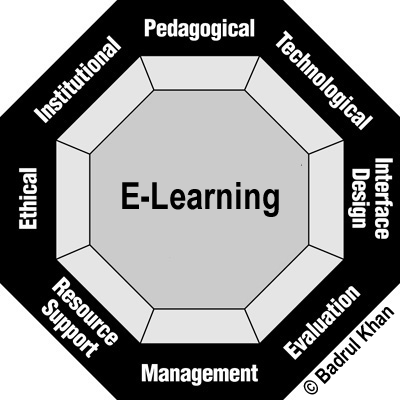
Learning Resources is a vital unit designed to introduce students to the various digital tools, technologies, and platforms that support teaching and learning in the 21st century. The course explores the types, application, and importance of e-learning resources in enhancing the delivery of education both in traditional and virtual learning environments.
- Teacher: Risper Kinyua
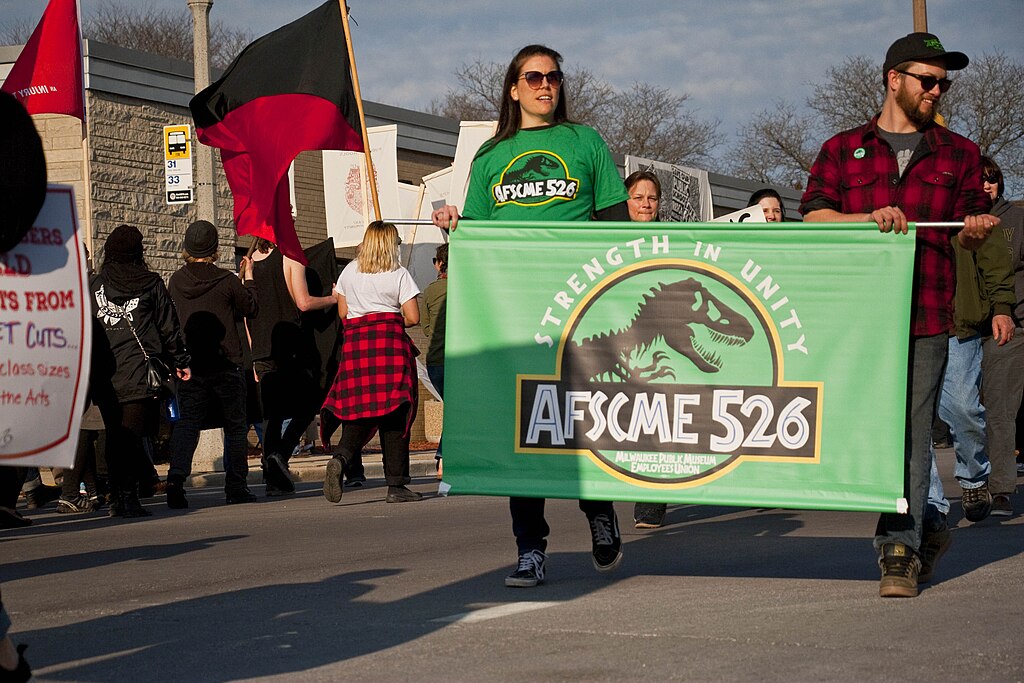
Education Administration is a fundamental unit designed to equip students with the knowledge, skills, and principles required to effectively manage and lead educational institutions. This course explores the theories, processes, and practices involved in the administration of educational systems at various levels.
- Teacher: Risper Kinyua
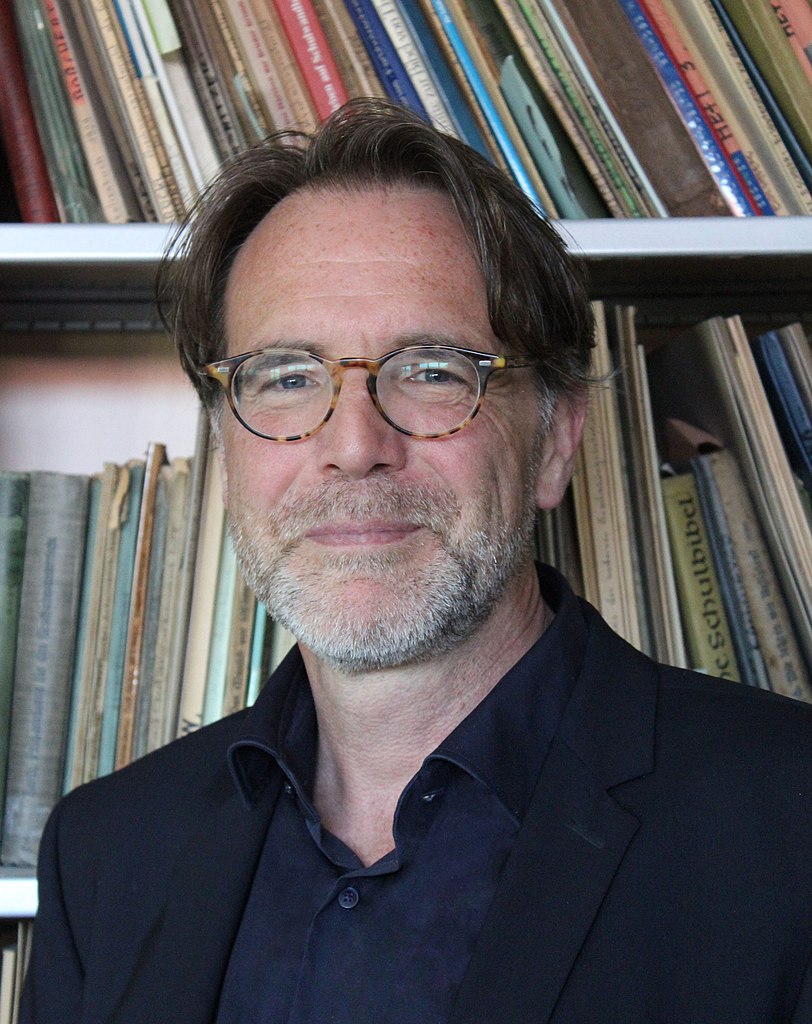
The Educational Philosophy unit introduces students to the fundamental ideas, beliefs, and principles that guide the process of education. This unit explores how different philosophical perspectives have shaped educational theories, policies, and practices. It helps students understand the purpose of education, the role of teachers and learners, and how education contributes to personal and societal development.
- Teacher: Risper Kinyua
